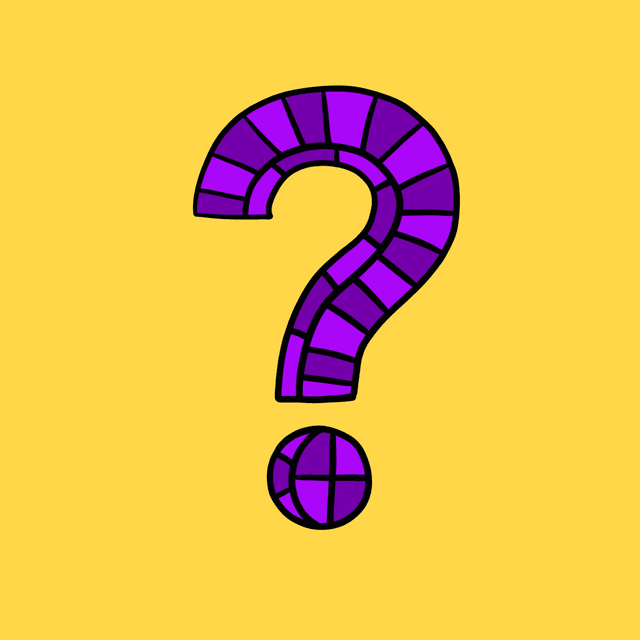In the German language, conjunctions and connectors play a crucial role in linking ideas, sentences, and paragraphs, ensuring smooth transitions and enhancing the overall coherence of your writing. Whether you're crafting an essay, a formal document, or even an informal email, mastering the use of conjunctions and connectors is essential for effective communication. In this blog post, we will explore different types of conjunctions and connectors in German, their usage, and provide examples to help you elevate your writing skills. Let's get started!
Coordinating Conjunctions
"Und" (And)
The coordinating conjunction "und" is one of the most common connectors in German. It is used to join two or more ideas of equal importance. Whether you want to connect subjects, verbs, or complete sentences, "und" is your go-to connector. For example:
- "Ich lese gerne Bücher und schaue Filme." (I enjoy reading books and watching movies.)
"Aber" (But)
When you want to express a contrasting or contradictory relationship between ideas, the coordinating conjunction "aber" comes into play. It helps introduce an opposing thought or present a different perspective. For example:
- "Das Wetter war sonnig, aber ich hatte keine Lust rauszugehen." (The weather was sunny, but I didn't feel like going out.)
"Oder" (Or)
If you want to present alternatives or give a choice between two or more options, the coordinating conjunction "oder" is your ally. It is commonly used in questions or conditional statements. For example:
- "Möchtest du Tee oder Kaffee trinken?" (Would you like to have tea or coffee?)
Subordinating Conjunctions
"Weil" (Because)
The subordinating conjunction "weil" is a powerful connector used to introduce a reason or cause for an action or statement. It helps provide an explanation or justification. For example:
- "Ich bleibe zu Hause, weil ich mich erkältet habe." (I'm staying home because I caught a cold.)
"Obwohl" (Although)
When you want to express a contrast or concession, the subordinating conjunction "obwohl" comes into play. It introduces a subordinate clause that presents contradictory or unexpected information. For example:
- "Ich mag Sport, obwohl ich nicht sehr sportlich bin." (I enjoy sports, although I'm not very athletic.)
"Damit" (So that)
The conjunction "damit" is used to indicate purpose or intention. It introduces a subordinate clause that explains the intended outcome or goal. For example:
- "Ich lerne Deutsch, damit ich mich besser verständigen kann." (I'm learning German so that I can communicate better.)
Conclusion
Conjunctions and connectors are essential tools for creating coherence and cohesion in your German writing. Coordinating conjunctions like "und," "aber," and "oder" help connect ideas of equal importance, while subordinating conjunctions like "weil," "obwohl," and "damit" establish relationships of cause, contrast, or purpose. By mastering the usage of conjunctions and connectors, you can ensure that your writing flows smoothly, making it easier for readers to follow your thoughts and arguments.
Remember to practice incorporating these conjunctions and connectors in your writing to improve your language skills and make your German texts more compelling and well-structured.
Are conjunctions and connectors the same thing in German?
Yes, in German, the terms 'conjunctions' and 'connectors' are often used interchangeably. They both refer to words or phrases that link ideas, sentences, or clauses together.
Can I use multiple conjunctions in a single sentence?
While it's generally recommended to use one conjunction per sentence to maintain clarity, it is possible to use multiple conjunctions if necessary. However, be cautious not to overload your sentence with too many connectors, as it can make the sentence complex and confusing.
Are there other common coordinating conjunctions in German besides 'und,' 'aber,' and 'oder'?
Yes, besides 'und' (and), 'aber' (but), and 'oder' (or), other common coordinating conjunctions in German include 'denn' (for), 'sondern' (but rather), and 'doch' (yet, however).
Can subordinating conjunctions be used to connect two independent clauses?
No, subordinating conjunctions are used to introduce subordinate clauses that depend on the main clause. They cannot be used to connect two independent clauses directly.
Are there any exceptions to the usual word order when using subordinating conjunctions?
Yes, when using subordinating conjunctions like 'weil' (because) or 'obwohl' (although), the word order in the subordinate clause changes. The verb is placed at the end of the clause instead of the second position.
Can I start a sentence with a coordinating conjunction?
Starting a sentence with a coordinating conjunction like 'und' (and) or 'aber' (but) is generally considered informal in written German. However, it can be acceptable in certain cases to add emphasis or create a stylistic effect.
Are there any regional variations in the usage of conjunctions and connectors?
While the usage of conjunctions and connectors is generally consistent across the German-speaking regions, there may be slight variations in regional dialects or informal speech. It's essential to familiarize yourself with the conventions of your target audience.
Can I use English conjunctions and connectors in my German writing?
It's best to use German conjunctions and connectors in your German writing. While some English connectors may be understood, using German equivalents will ensure the clarity and coherence of your writing.
Are there any resources available to practice using conjunctions and connectors?
Yes, there are various online resources, grammar books, and exercises dedicated to practicing the usage of German conjunctions and connectors. Additionally, reading extensively in German will help you become more familiar with their appropriate usage.
How can I improve my mastery of German conjunctions and connectors?
The key to mastery is practice. Engage in writing exercises, read German texts, and pay attention to how connectors are used. Consider seeking feedback from native German speakers or language tutors to further refine your skills.




